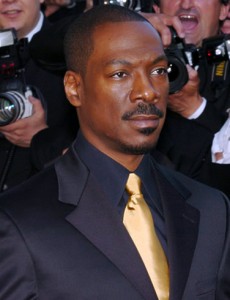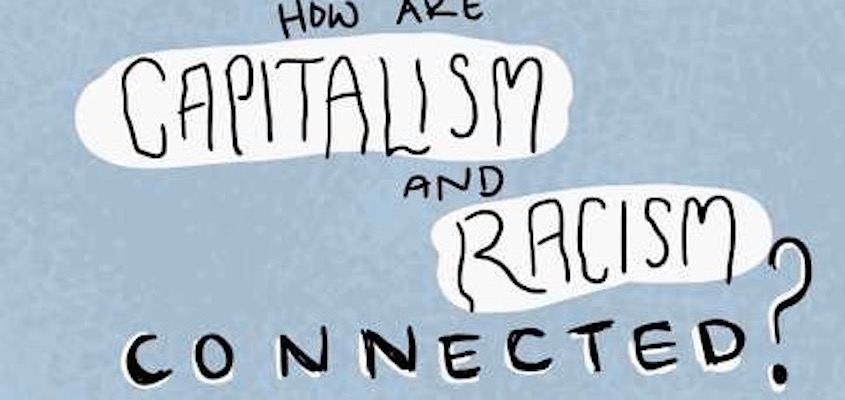(ThyBlackMan.com) Expert Traces Groundbreaking Murphy Routine Back to Tribal Culture…
On the streets of Brooklyn, Harlem, Watts and Compton, they called it “the dozens.”
It was the tradition of hanging out with your friends and hitting them not with punches, but punch lines. Kids would gather and hurl insults, tell “your mama” jokes and compete to see who could be the funniest. It was the basis for some of the earliest comedy routines of Eddie Murphy, who is slated to  receive the first Comedy Icon Award at the inaugural Comedy Awards to be broadcast April 10 simultaneously on Comedy Central, Spike TV, VH1, CMT, TV Land, Logo and Nick At Nite.
receive the first Comedy Icon Award at the inaugural Comedy Awards to be broadcast April 10 simultaneously on Comedy Central, Spike TV, VH1, CMT, TV Land, Logo and Nick At Nite.
Elizabeth Evans, an educator with a Master’s Degree and a lifelong interest in African history, believes that one of the first thank-yous that Murphy issues at the show should be to the African tribes who originated the concept of The Dozens hundreds of years ago.
“Yo momma is so fat she got in a monster truck and made it a lowrider!”
Okay, maybe she isn’t that fat, but according to Evans, author of Sanakhou ( http://www.authorelizabethevans.com ), when you’re playing the dozens, it doesn’t matter.
“African tribes dating from the 13th century had a strong tradition of using oral communication to pass down their histories, their ancestries and, yes, even their humor,” she added. “The tradition was a particular boon to those tribe members who were not great warriors or physical specimens, because their verbal skills afforded them respect among tribe members that they wouldn’t have otherwise earned.”
According to Evans, “the dozens” is a game that has its origins in African-American slavery. The game originates from the devaluing and bargaining off of deformed or defective slaves in auction houses. This element of the African-American oral tradition in which two competitors, usually males, go head-to-head in a competition typically features good-natured insults. They take turns “cracking,” “snapping,” “ribbing” or insulting one another, their adversary’s mother or other family member until one of them has no comeback. This is called playing the dozens or doin’ the dozens, and sometimes dirty dozens. The dozens is a contest of personal power—of wit, self-control, verbal ability, mental agility and mental toughness. Each putdown, each “snap,” ups the ante. Defeat can be humiliating, but a skilled contender, win or lose, may gain respect. The dozens is one of the contributing elements in the development of hip hop, especially the practice of “battling.”
The dozens can be a harmless game, or, if tempers flare, a prelude to violence. While the competition, on its face, is usually light-hearted, smiles sometimes mask real tensions. But in its purest form, the dozens is part of an African-American custom of verbal sparring, of woofin’ and signifyin’, intended to defuse conflict nonviolently, descended from an oral tradition rooted in traditional West African cultures.
“I have no doubt that Murphy should be thanking his African ancestors as he accepts that award, because without their traditions, it’s possible he might never have realized at such a young age that he could have a career as an entertainer,” Evans said.
Elizabeth Evans grew up in suburban Philadelphia in a home full of books on Africa and a father who was a writer. After earning her Master’s Degree from the University of Missouri, Kansas City, she and her husband and two children moved to Los Angeles where she continued her career in education. Her first published book, Sanakhou, is about the 13th century Empire of Mali. It is a romance and a history with a bit of a mystery. Elizabeth writes about West Africa, not only because in writing about it she is codifying her own ancestry, but also because she is fascinated by the great African kingdoms and hopes to interest others in learning about a history of which few Westerners are aware.
Author website; http://www.authorelizabethevans.com




















Leave a Reply